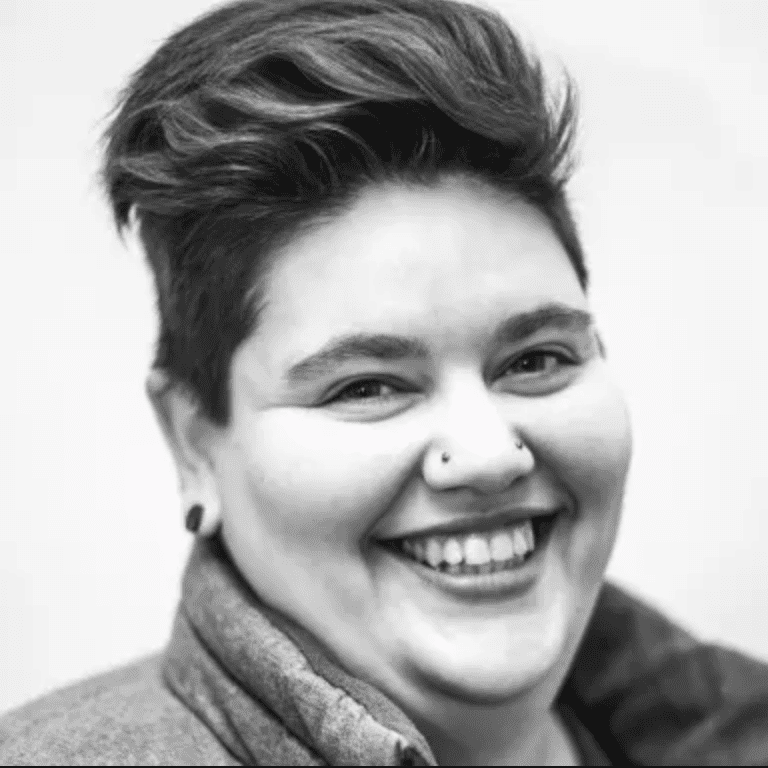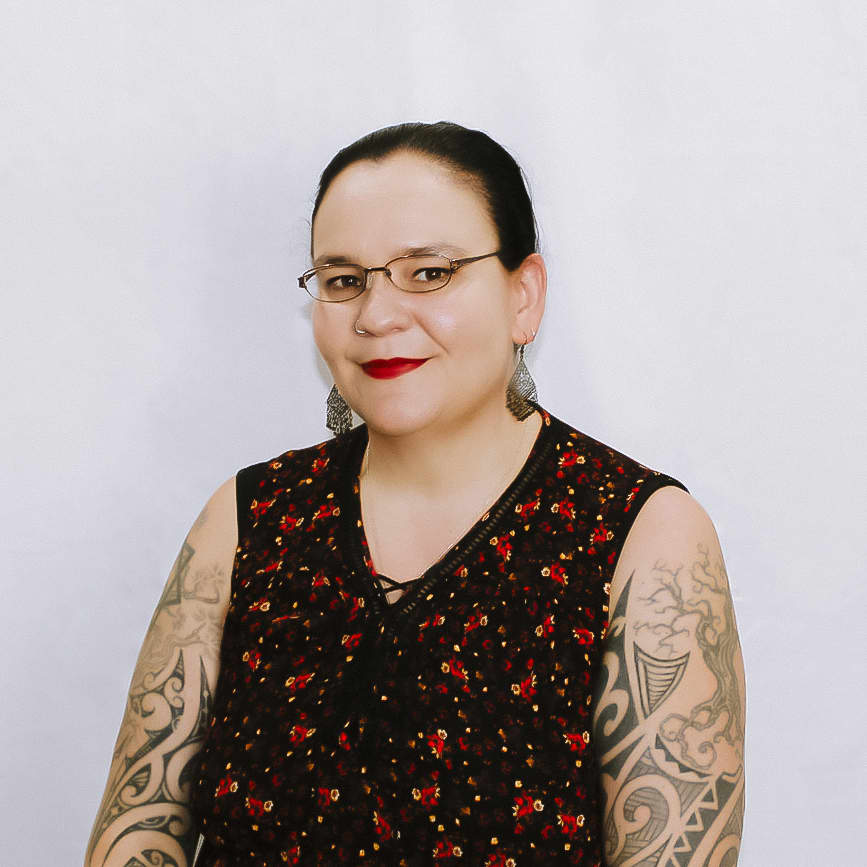Coming Out: How I Moved from a Place of Fear to Queer Liberation
Growing up in a small town, I never had a great opportunity to discuss the existence of queerness, let alone come out.
I often heard my peers and the adult figures in my life discuss how they were “OK with gay people, as long as they don’t shove it in my face or anything.” This not only shaped and stunted my queerness, but paved the way for my jagged coming out experience.
From daily questioning of my heterosexuality to bigoted ideologies being thrust onto me and my peers, I found myself and my queerness buried under the weight of heteronormative harm. It was only after leaving that small town and the people I grew up with that I was able to begin exploring feelings and ideas that didn’t stem from anti-queer ideologies.
Coming From a Place of Ignorance
Anti-queer ideologies started young for me and many others around me. I recall a time in fourth grade when we took a trip to the Mall of America. As we got to the mall, and many of us young kids were rushing to the bathroom after the long drive, me and a group of other boys were gathered up by one of the chaperones.
The chaperone stopped to warn us to be careful in the restroom. While not unusual to tell fourth-grade kids to be careful in a public restroom, it was what she warned us about. We were told to watch out for more than one set of feet in the bathroom stalls.
After we scampered off, barely listening because we were just on a bus for multiple hours, we started to ask what she meant by that. It was not too long before one of our more foul-mouthed friends piped up and said, “Because that means they’re gay.”
This, to my knowledge, was my introduction to queerness. Not only being told about queer sex, but told in a way that made it sound like something to be feared and discouraged. The laughter and jokes that followed at the expense of these hypothetical queer lovers hurt me to this day. This type of taught bigotry not only shaped my understanding of queer existence, but planted deeply rooted fears of queerness.
Coming From a Place of Fear
Those roots persisted throughout my childhood and well into my adolescence. My family, even today, will use the word “gay” as a synonym for “stupid” or “annoying.”
To say that I wasn’t surrounded by a constant reinforcement of negativity towards queerness would be foolish. This, along with the mentioned “shoving” argument of queer fear, constantly pushed me away from any ideas of expression, let alone coming out.
Being raised to become a cisgender man, I was questioned and ridiculed for my non-conformity to redneck masculinity. The boxes set around gender in my small town ensured that any deviation would be noticed and questioned.
When doing something as mundane as using hair care products, you were questioned by your friends and family about the potentiality of queerness. I vividly remember multiple instances throughout adolescence being asked if I was gay by my mom. It was always the same. I would come home from school, start doing the dishes or some other mundane chore, and my mom would come and help me.
After we finished, we would sit across from each other at the kitchen table discussing what we’d been up to. Then, out of nowhere, she would ask me if I was gay. Her question would sit there in the air, for just long enough, before I choked out, “No, of course not.”
While this was almost always followed with something along the lines of, “Well, if you were, we would obviously accept you and still love you,” it always seemed to come out of her mouth with a hint of relief. She asked that same question multiple times over the next few years, always showing that same sense of relief when I told her I wasn’t gay.
That continual reinforcement of queer fear ensured that if there was even a chance of queerness it was pushed away or chalked up to “curiosity.” How was I to even think about coming out or expressing myself when I was constantly reminded that any slight deviation was not only noticed but frowned upon.
Moving Towards a Place of Acceptance
This queer fear did not last forever, though. As I started my college career and began to be away from home more, I finally began to express myself. For the first two years, however, this was still very difficult — I was still living in my parents’ home to save money. This resulted in a heavy amount of mask-switching between my budding queerness and my bigoted upbringing.
Things reached a breaking point when I began dating my current partner. As we grew together as friends and partners, I also began to experience more and more queer liberation. This was, again, extremely toned down to ensure my safety, but things couldn’t stay that way for long.
As my friends and family began to see a shift in my personality, and as I started to push back harder against their blatant use of “gay” as a slur, they began to question me and my relationship. They tried to blame my increasing distance from them on my partner and attempted to convince me my thoughts and feelings were not my own. Just as I’d begun to come out to myself in the smallest ways, the people who were once my friends and family told me I was wrong.
I was torn. The split between my upbringing and my ongoing liberation couldn’t continue as long as I lived with my parents. My grades began to slip. I hung out with my partner and college friends less in favor of my harmful childhood friends. All in all, I started to regress as a person.
Thankfully, after monumental help from my partner and a good friend I met in college, I finally felt capable of moving out of my parents’ house and beginning life away from the harm I had been taught my whole life. This drastic change allowed me to pursue what I wanted — both interpersonally and academically.
Studying women’s, gender, and sexuality studies gave me the knowledge to better understand systems of oppression around me, and it allowed me to find a place where I felt true to myself. The disconnect from my given family, while extremely difficult, allowed me to be taken in and cherished by my chosen family.
This new family allowed me to be vulnerable, to stumble through the steps of self-discovery. Even though I was a few years behind in my sense of self, the people around me helped me find the understanding that best represented me. This led to me feeling confident enough to not only come out to all of those close to me, but present a new preferred name.
Coming out for me was an extremely difficult process. My upbringing taught me to fear queerness and avoid it as much as possible. As I continue to grow and unlearn those harmful roots, I’ve learned that it’s important to allow yourself to determine when and how you come out. I did not come out to my parents. I came out to myself, my partner, my friends, and my mentors. I came out to my family.

Meet the Author

Col Stephens is a recent graduate of University of Wisconsin-Eau Claire, where they focused on psychology and women’s, gender, and sexuality studies. Cal is passionate about applying their background in social justice and care skills to better themselves and underrepresented people in their community. Cal hopes to be able to use their knowledge and communication skills to help educate and elevate those in need to ensure that our society advances towards a better environment for all marginalized people.
Explore More College Resources

College Experience Guide for LGBTQ+ Students
Explore common experiences and challenges of LGBTQ+ college students and learn how you can ensure your campus supports and affirms LGBTQ+ students.

by R.B. Brooks
Updated June 12, 2023



